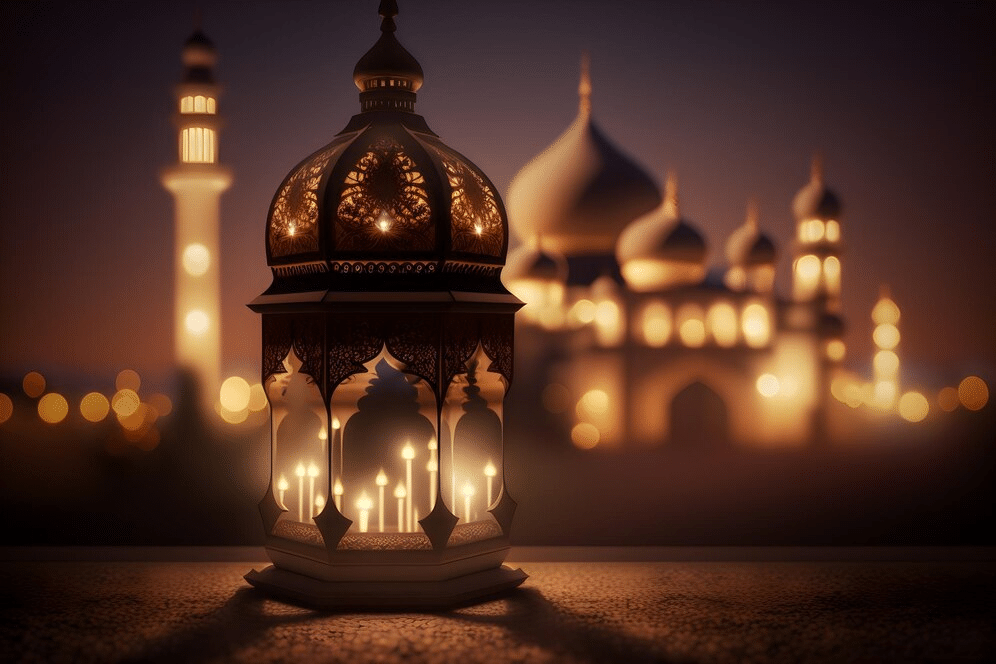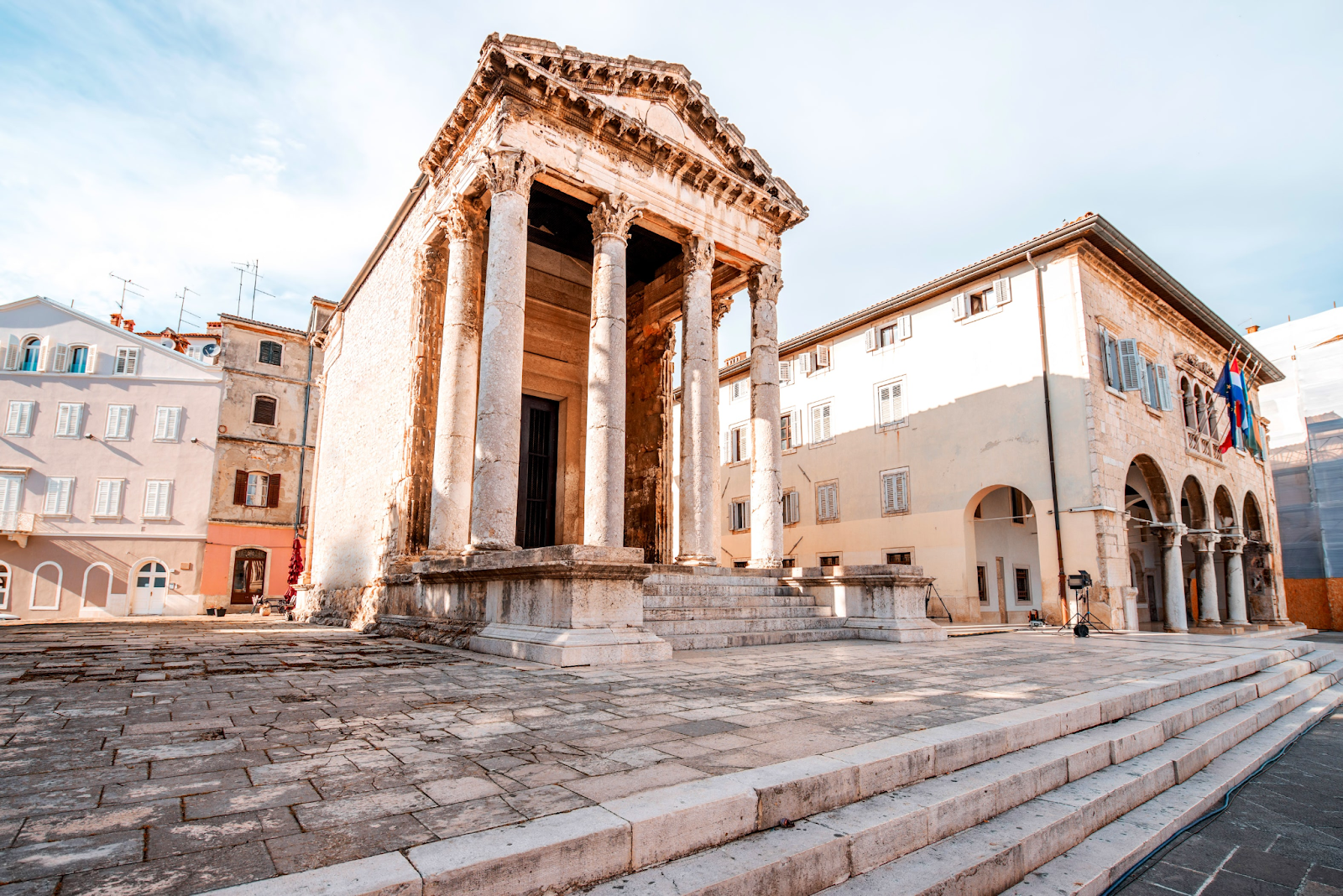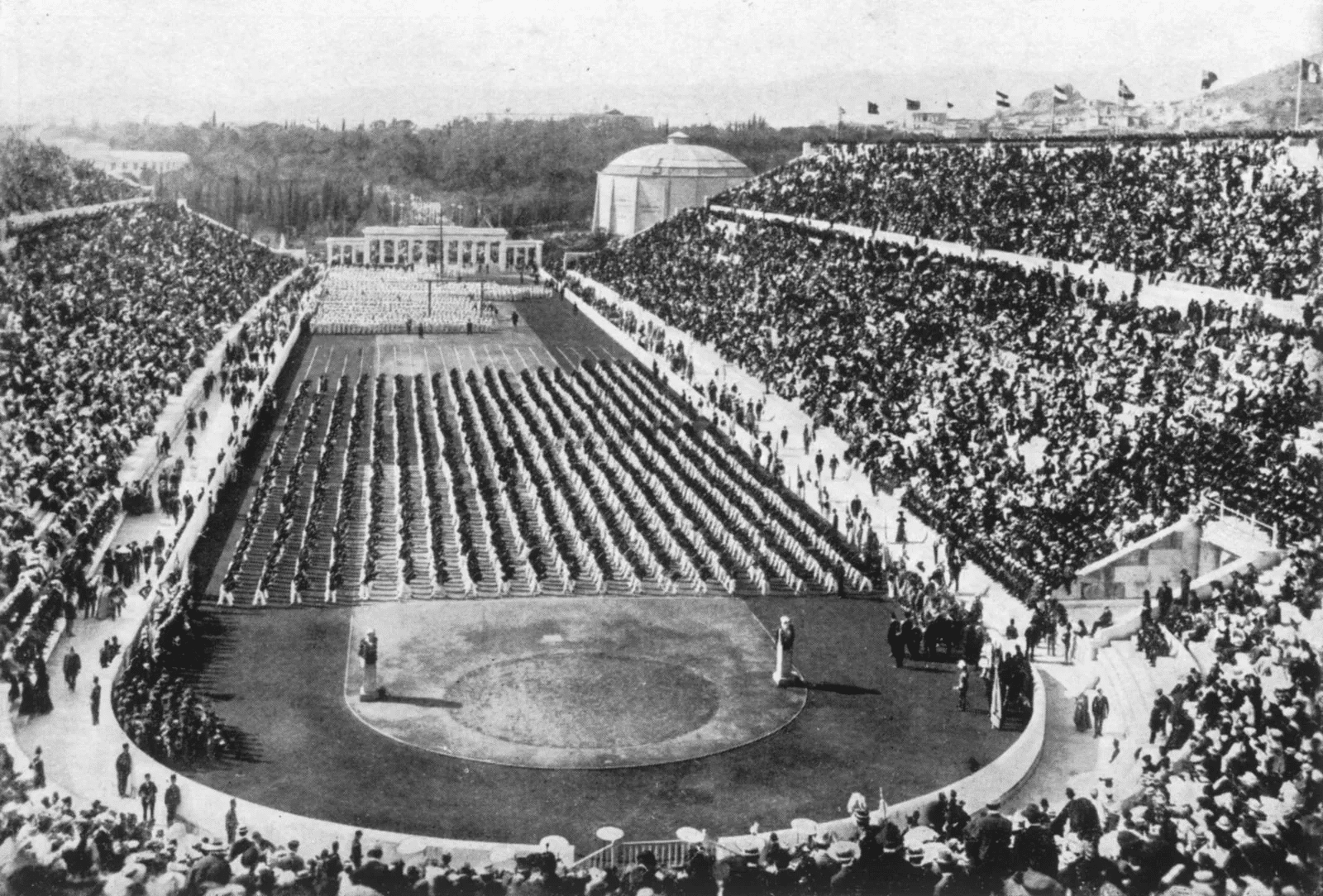Ramadan, the ninth month in the Islamic calendar, is the holiest month of the year for Muslims. Throughout this month, Muslims have a tradition of fasting during the hours of sunlight. Of course, this makes people wonder about the reason behind this fasting that makes it so necessary for Muslims. Since we’re in another month of Ramadan, let’s explore facts about this Islamic tradition.
It has always been a holy month
While it’s true that Ramadan is a holy month for Muslims, it was an important month even before the advent of Islam. During Ramadan, the Arabs stopped local feuds, and the pious ones would retreat to caves and temples to meditate.
Courtesy: Freepik
Ramadan is also said to have been the month when God revealed the Gospel to Jesus (Isa to Muslims), the Psalms to David (Dawud), the Torah to Moses(Musa), and the scriptures to Abraham (Ibrahim).
Ramadan falls on a different date each year
Ramadan starts and ends on different dates every year, and that’s why the exact start of the holy month isn’t confirmed or announced until the day before. This is because the Islamic calendar follows the moon’s cycles, so a month doesn’t begin until the new moon appears.
Courtesy: Freepik
Similarly, the end of Ramadan, Eid al-Fitr, is celebrated when a new moon appears, signifying the end of the holy month. While many Muslims go with Saudi Arabia’s moon sighting, others go with their local sighting- and that’s why Muslims don’t start and end Ramadan on the same day globally.
What’s the ‘holy’ factor in Ramadan?
Muslims believe that during Ramadan in A.D. 610, Muhammad retreated as usual to a cave on the outskirts of Makkah called Hira to meditate in seclusion. Then he heard a voice asking him to ‘read’ on an odd night in the last ten days- and the Quranic revelations started.
Courtesy: Freepik
The night the revelations started is called Laylat ul Qadr (the Night of Power), and the verses from that night are found in the 96th chapter of the Quran, called Surah al Alaq. The Quran says the night of power is ‘better than several months’, and that’s why Muslims spend the last ten days in worship and reflection.
So why is fasting important during Ramadan?
As a holy month, Ramadan is a period of staying away from worldly desires and boosting the spirit instead. Since food and drink are metaphors for worldly needs, abstaining from them elevates the spirit. But it’s not limited to food.
Courtesy: Freepik
During Ramadan, Muslims are also to stay away from all worldly needs and desires, not just food. These desires include vulgar behavior and sexual activity. Of course, fasting is a practice that existed before Islam.
Special Ramadan activities
The most common Ramadan practice is eating suhoor and iftar. While suhoor is eaten before dawn to mark the beginning of the day’s fast, iftar is eaten after sunset to make the fast for the day. Muslims also engage in charitable donations called zakat al-fitr at the end of Ramadan.
Courtesy: Freepik
The charity is to help less fortunate people enjoy the good tidings of Ramadan. The Shi’a Muslims observe a period of mourning in the last ten days to commemorate the murder of the first Shi’a Imam Ali Ibn Talib (the fourth caliph) in A. D. 661.







